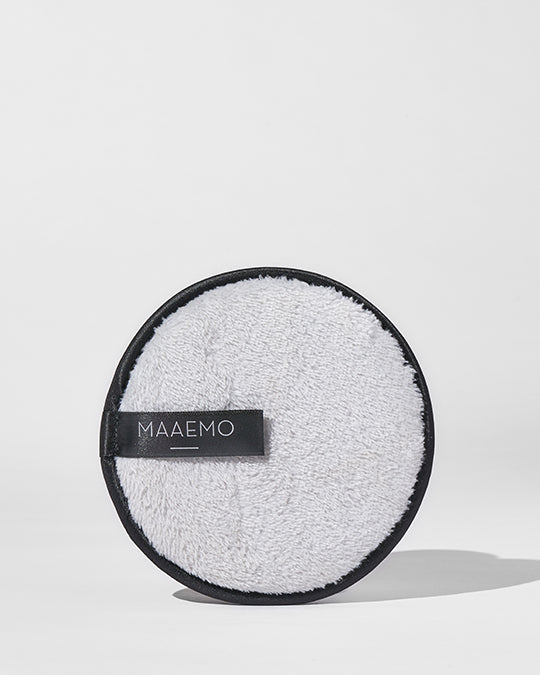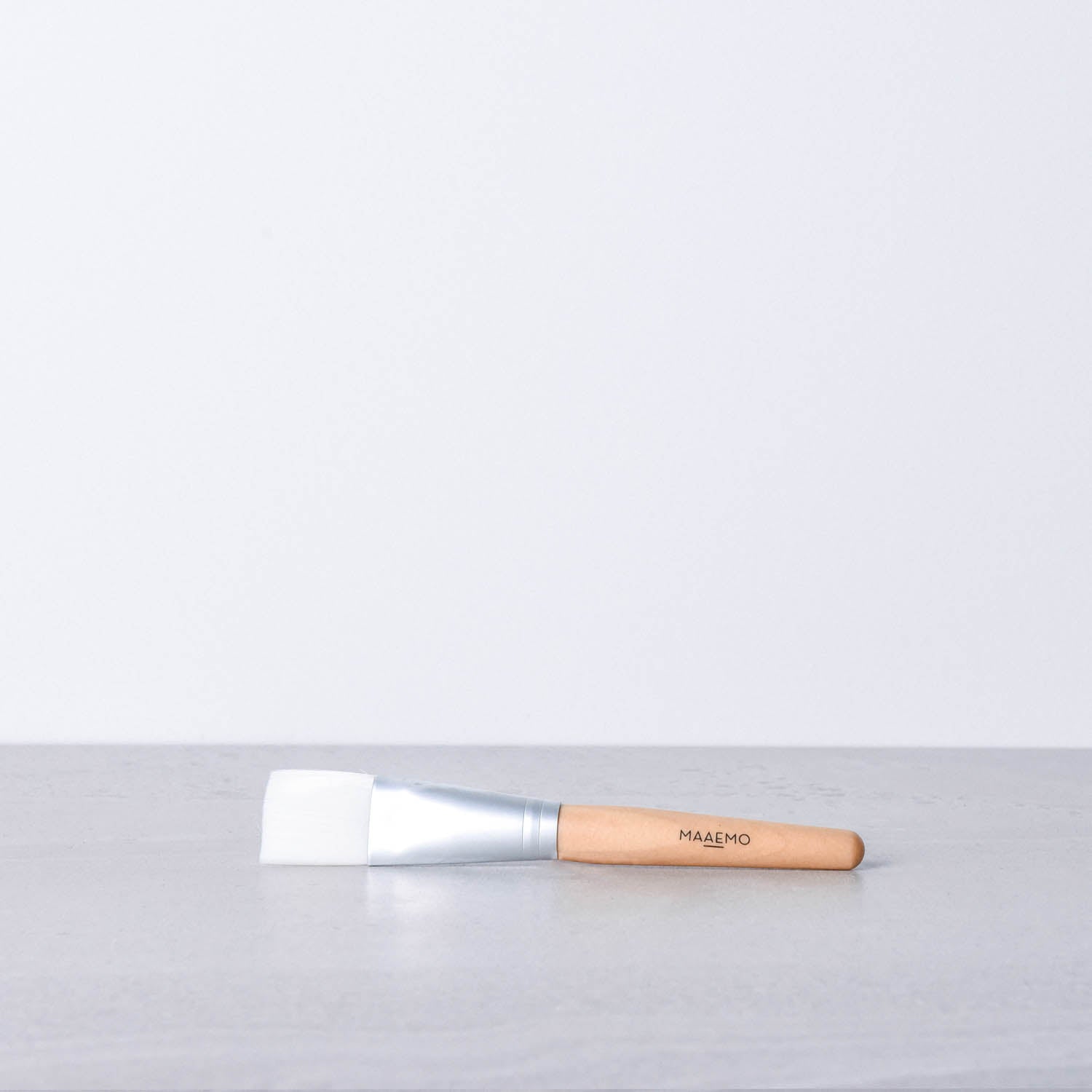Most of us can probably think back to a time when we have experienced some sort of Inflammatory Skin Condition. I'm talking about everything from dermatitis and eczema to acne and breakouts. I don’t know about you girls, but my skin always seems to ‘flare-up’ when my body is under stress, or when I haven’t been nourishing it appropriately (cue back to teenage years, that time of the month or a hefty schedule and a tight deadline at work - oh the joys)!
It is really important to understand that sometimes, inflammatory skin conditions are inevitable regardless of what we are putting in our bodies or on our skin. After-all,
I think we can all remember a time when we have felt defeated by our skin despite doing what seems to be all the right things; a skincare routine, eating a healthy balanced diet, drinking adequate amounts of water and managing our stress.
Inflammation is a actually a natural bodily response to fight off infections, but whilst a rash around our nose, an itchy forehead or a zit on our chin can often be out of our control, it is still really important to give careful consideration to our diet, as the foods you eat on a daily basis can contribute to the severity of the inflammation and the overall appearance and quality of your skin.
Without further ado, here are 5 foods to include in your diet to help you manage and improve inflammatory skin conditions.
Walnuts - Walnuts are rich in omega 3 essential fatty acids, a type of healthy fat proven to influence our bodies inflammatory response. Research shows that if you suffer from psoriasis or eczema, adding additional omega 3 essential fatty acids can be really beneficial.
You can also find omega 3 essential fatty acids in oily fish such as salmon and sardines, and other plant-based foods like chia seeds, hemp seeds and flaxseeds.
Oysters - Not all of us are fond of the humble oyster (it’s a texture thing for me), but personal preferences aside, oysters and other varieties of shellfish are an excellent source of Zinc; a type of mineral proven to assist in healing and preventing infections, including those of the skin.
Oats - Oats and other wholegrains such as barley, quinoa, brown rice and whole grain breads are all examples of low glycemic carbohydrates, proven to help balance our blood sugar levels, insulin levels and our likelihood of acne and breakouts.
Cashews - Cashews, and pistachio nuts for that matter are two types of nuts that contain prebiotic fiber. Prebiotics help to nourish the beneficial bacteria in our gut to create a healthy environment for our gut bugs. Research has shown that a healthy digestive tract can help to minimise inflammation in the body, including our skin.
Sweet Potato - Sweet potatoes are incredibly rich in Vitamins A & C and therefore contain an abundance of antioxidants to help combat free radical damage. Consuming adequate amounts of antioxidants can assist in managing inflammation and associated skin conditions. You can also find antioxidants in citrus fruits, nuts & seeds, berries, tomatoes, broccoli, green leafy vegetables, avocado and capsicum.
Lastly, do keep in mind that whilst it’s important to incorporate the foods mentioned above into your meals and snacks, it is your diet as a whole that will have the most significant impact on your inflammatory levels and the health of your skin. Eat a wide variety of whole-foods and drink plenty of water to reap all the benefits. There is no need to remove or restrict anything from your diet!









